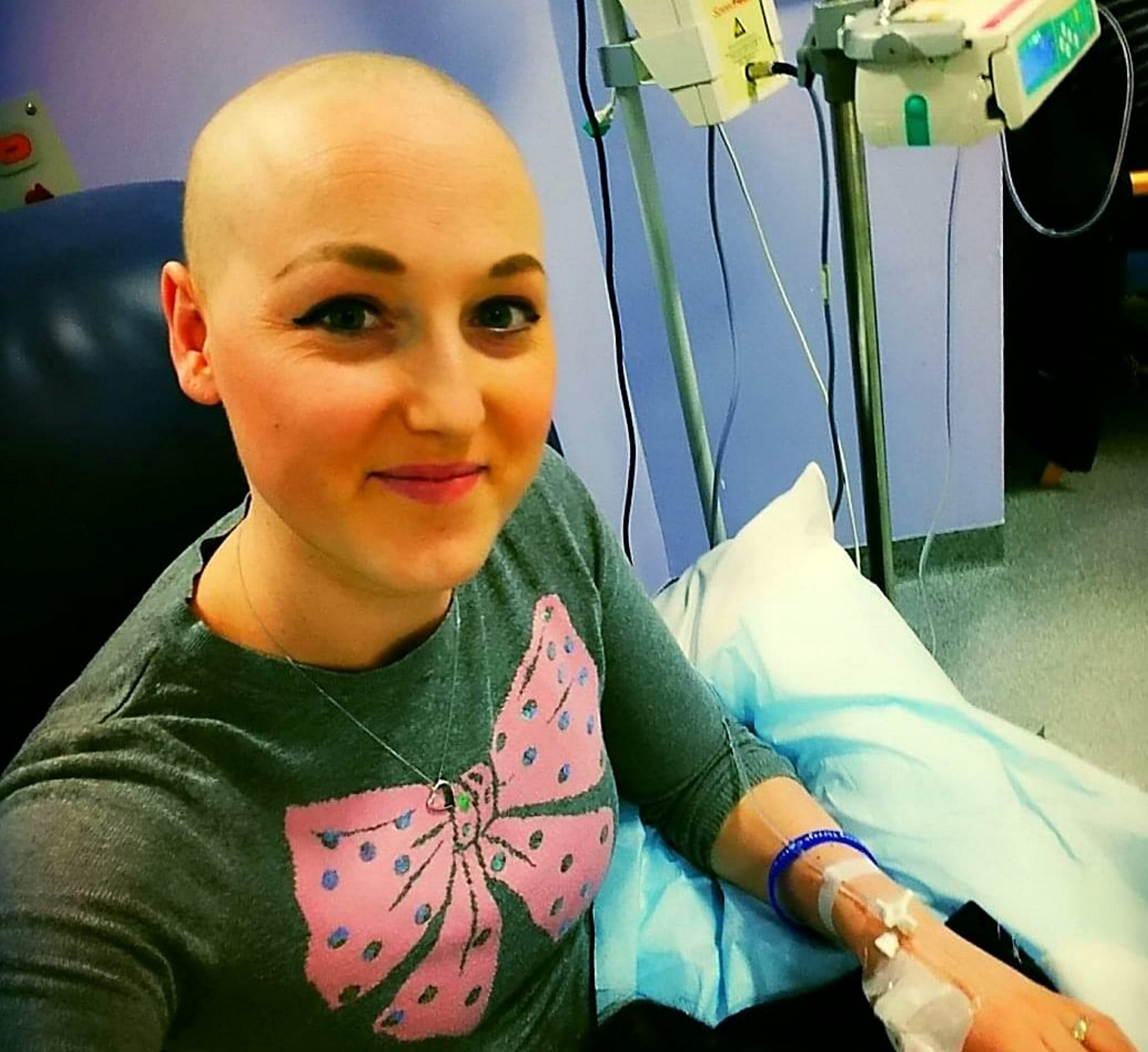A 25-Year-old woman, Sarah Boyle had a double mastectomy and endured months of chemotherapy before doctors admitted they had misdiagnosed her with breast cancer.
She when she was told she had triple-negative breast cancer in 2016 and underwent several rounds of chemotherapy before having both breasts removed.
The Sun, UK reported that doctors at Royal Stoke University Hospital recently discovered Boyle’s biopsy had been misread, leading to her misdiagnosis.
Boyle was then told that reconstructive surgery could increase the risk of her developing the disease in the future.
While she was initially told her cancer treatment could lead to fertility issues, Boyle went on to have a second child, Louis, who is now 13 months old.
Boyle, now 28, lives in Stoke-on-Trent with her sons Teddy, Louis and her husband of five years, Steven, 31.
She was misdiagnosed by doctors following the birth of her youngest child.
She was later informed by her surgeon, Dr Sankaran Narayanan, that her biopsy had been incorrectly reported and it was confirmed that she did not have cancer.
Boyle said:
“Even now it is so difficult to try and describe what has happened to me. To be told you have cancer and it’s uncommon for someone your age was hard enough to take in.
“But then to be told after months of horrific treatment that it was all unnecessary is something I’m not sure I’ll ever fully come to terms with.
“It’s not just the physical effects that I have been left with but also the mental torture of what I’ve been through.
“A misdiagnosis of cancer can ruin people’s lives and some people may not be as fortunate to survive.”
She is now calling for cutting edge artificial intelligence (AI) technology to be more widely used in hospitals to avoid tragic blunders happening to other women.
Boyle has instructed lawyers to investigate the case.
Sarah Sharples, a medical negligence lawyer who represented Boyle, said:
“Sarah has suffered significant psychological trauma as a result of what she has been through, and also continues to endure ongoing symptoms caused by her treatment.
“The use of technology should not replace human input but technological advances that can complement and assist medical professionals to improve care and lessen waiting times and anxiety for patients should be welcomed.
“While this research is in its infancy the results of this study appear to be very promising.”




































Discussion about this post